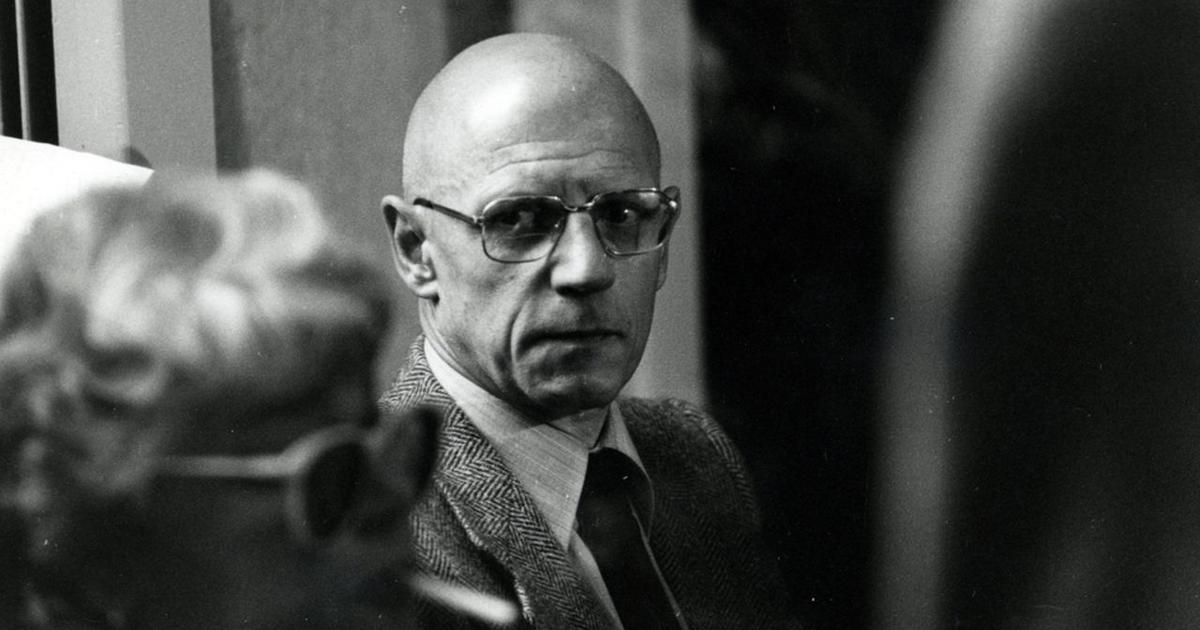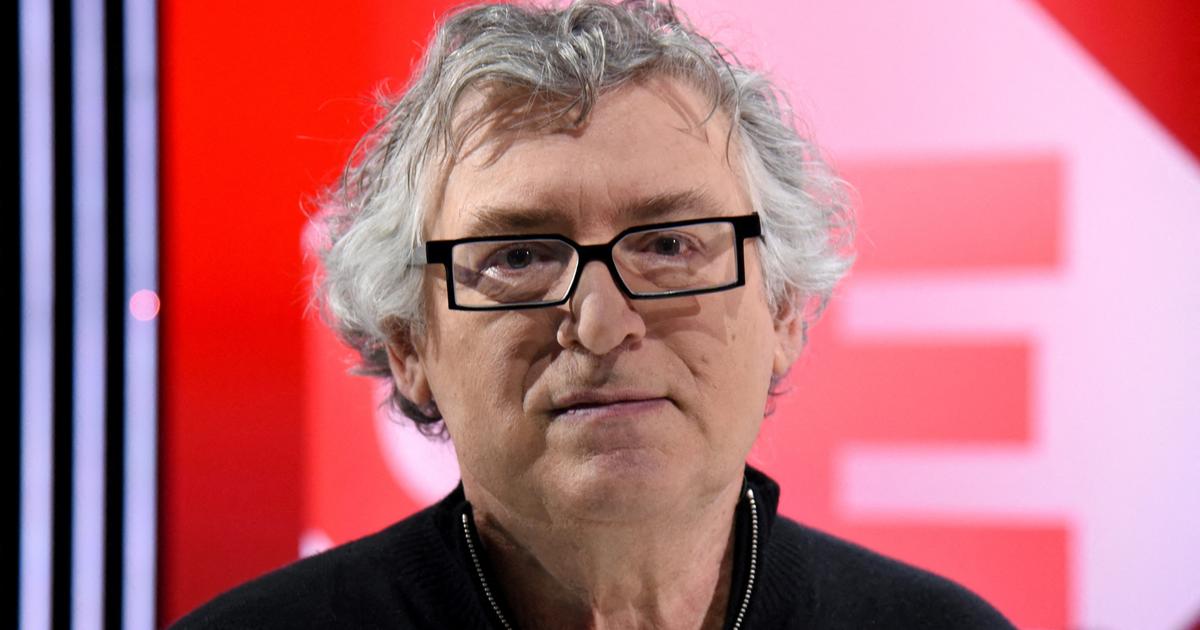What is philosophy? This is the question that Michel Foucault answers in an unpublished essay that appears Friday, more than half a century after it was written, and not published for mysterious reasons. Le Discours philosophique, published by Éditions du Seuil, is another milestone in understanding the work of this prolific intellectual, who died in 1984.
To discover
- Crosswords, arrow words, 7 letters... Free to play anywhere, anytime with the Le Figaro Games app
It was written in 1966. Foucault, 39, retired that summer, like others, to write in the family home of Vendeuvre-du-Poitou. At this precise moment, the academics Orazio Irrera and Daniele Lorenzini recall in an afterword, defining philosophy "is of particular importance to Foucault: he has just requested a secondment from the University of Clermont-Ferrand, where he officially teaches psychology, in order to occupy for the first time in his life a chair of philosophy, at the University of Tunis".
See alsoThese words invented by the winners of the Prix Goncourt
"This is a very written manuscript, among several others, also very written," comments the editor of this edition, and former assistant to the author, François Ewald. "Foucault, from the 50s, writes texts (...) finalized that he did not publish, but that he did not destroy either." "The exegetes will tell us why Foucault did not publish," he adds.
It was in the archives bought by the National Library of France in 2012 that the rights holders found the manuscript. It was just waiting to be edited.
Posthumous publications
The author left a will with the statement: "No posthumous publication". But, in the same way that Franz Kafka's unpublished novels were not burned despite his last wishes, Foucault's essays emerged in bookstores... and nurtured the debate of ideas. François Ewald has been working there for thirty years with Daniel Defert, companion of Michel Foucault who died in February, Henri-Paul Fruchaud, "nephew of Michel Foucault, who devotes his retirement to work on the work", and the Michel Foucault Center, created in 1976.
Posthumous publications consisted of collecting various articles and texts ("Said and written") and then editing all courses at the Collège de France (1970-1983). And now to exhume unknown trials, except from the close circle. "We're not quite at the end. There are still three volumes to be published: a Nietzsche, the course of Sao Paulo, and the course of Tunis, "announces François Ewald. The Philosophical Discourse, even before its publication, fascinated its readers. Orazio Irrera has already devoted a semester of courses to him at the University of Paris 8.
The Nietzsche Rupture
"Brilliant book (...) perfectly mastered, elaborated from start to finish," enthuses the critic and philosopher Roger-Pol Droit in Le Monde. Another philosopher, Judith Revel, confides to the daily her "total astonishment" at the richness of the reflections sketched. A third, Christian Ruby, details all the contribution in nonfiction.fr. According to Foucault, he summarizes, "it is no longer a question for philosophy of serving as the ultimate foundation of knowledge. Truth has lost its original dimension."
Read alsoOnly a lover of philosophy will pass this test
Foucault sees a break in the thought of Friedrich Nietzsche (1844-1900): "It breaks, disarticulates, undoes piece by piece the very strong armature that isolated philosophical discourse from all others," he writes. And in the twentieth century, philosophy tries to "diagnose", namely "recognize, with a few sensitive marks, what is happening", or "prophesy the moment". The text is not easy to approach, for an author who requires a certain familiarity with his concepts and his thought.
But the Seuil, which had planned a first print run of 3000 copies, brought it to 4500, in the face of the interest aroused by what Roger-Pol Droit described as a "missing link" in his work.









